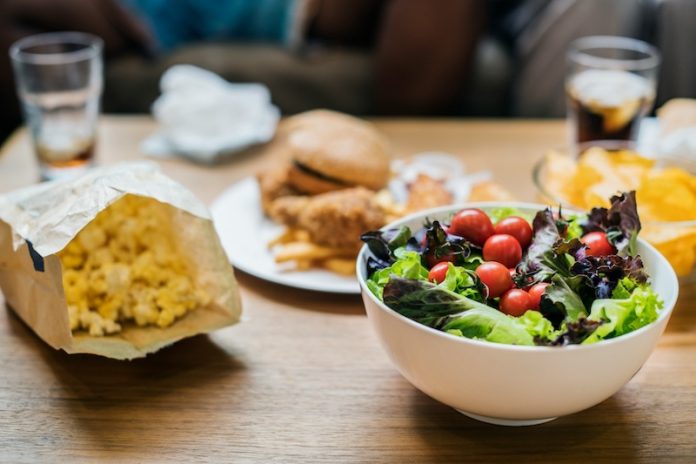
Fatty liver disease is becoming more common, especially as rates of obesity and type 2 diabetes continue to rise. It happens when too much fat builds up in the liver. Over time, this extra fat can lead to inflammation, liver damage, and even scarring (called cirrhosis).
The good news is that in its early stages, fatty liver disease—especially the type not caused by alcohol, known as non-alcoholic fatty liver disease (NAFLD)—can often be reversed with healthy lifestyle changes, and diet plays a major role.
Research shows that weight loss through diet is one of the most effective ways to reduce liver fat. Even a modest weight loss of 5–10% of your body weight can improve liver health.
A large study published in The Lancet found that people who followed a calorie-controlled, healthy diet lost liver fat, reduced inflammation, and in many cases, even reversed early-stage liver damage. But it’s not just about eating less—it’s about eating better.
One of the most effective eating patterns for reversing fatty liver is the Mediterranean diet. This diet focuses on whole, unprocessed foods such as vegetables, fruits, nuts, seeds, whole grains, lean proteins like fish and chicken, and healthy fats like olive oil.
It also limits red meat, sugary drinks, and highly processed foods. Studies show that people who stick to a Mediterranean-style diet have less liver fat, better insulin sensitivity, and a lower risk of liver-related complications.
Cutting back on sugar is another key step. Sugar, especially in the form of high-fructose corn syrup (found in soft drinks and many processed foods), is strongly linked to fatty liver. When we eat too much sugar, the liver turns it into fat, which can build up over time.
Several studies have shown that reducing sugar intake—even without cutting calories—can lead to a significant drop in liver fat within just a few weeks. This means switching from sugary drinks to water, choosing fruit over desserts, and avoiding packaged snacks with added sugar can make a big difference.
Carbohydrates also play a role. While carbs are an important part of a balanced diet, too many refined carbs—like white bread, white rice, and pastries—can spike blood sugar and lead to more fat being stored in the liver. Replacing refined carbs with whole grains like oats, brown rice, and quinoa helps keep blood sugar stable and supports liver health.
Protein is important too, especially when trying to lose weight. Including enough lean protein—such as eggs, fish, tofu, chicken, and legumes—helps you feel full and preserves muscle while you burn fat. Some studies suggest that certain proteins, like those from soy or fish, may have extra benefits for liver health due to their anti-inflammatory properties.
Alcohol is a separate cause of liver disease, but even in people with non-alcoholic fatty liver, drinking alcohol—even small amounts—can worsen the condition. Cutting out alcohol entirely is often recommended, at least until the liver shows signs of healing.
Finally, staying active helps boost the benefits of a healthy diet. Regular physical activity, like walking or swimming, helps the body burn fat—including the fat stored in the liver—even without major weight loss.
In short, fatty liver disease doesn’t have to be permanent. With a balanced diet focused on whole foods, cutting back on sugar and refined carbs, and adding regular physical activity, the liver has a powerful ability to heal itself. Research shows that diet really is medicine—and for fatty liver, it can be the best first step toward better health.
If you care about liver health, please read studies about a diet that can treat fatty liver disease and obesity, and coffee drinkers may halve their risk of liver cancer.
For more information about liver health, please see recent studies that anti-inflammatory diet could help prevent fatty liver disease, and results showing vitamin D could help prevent non-alcoholic fatty liver disease.
Copyright © 2025 Knowridge Science Report. All rights reserved.



